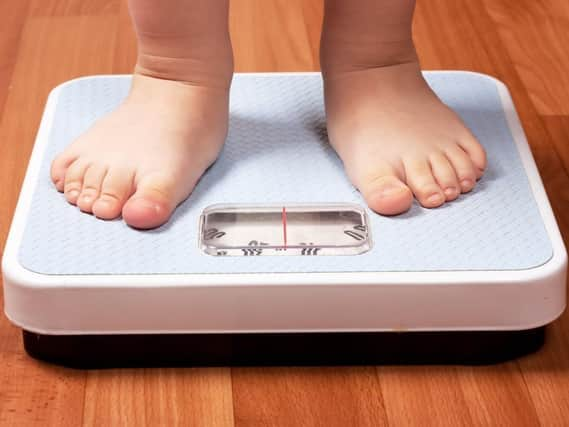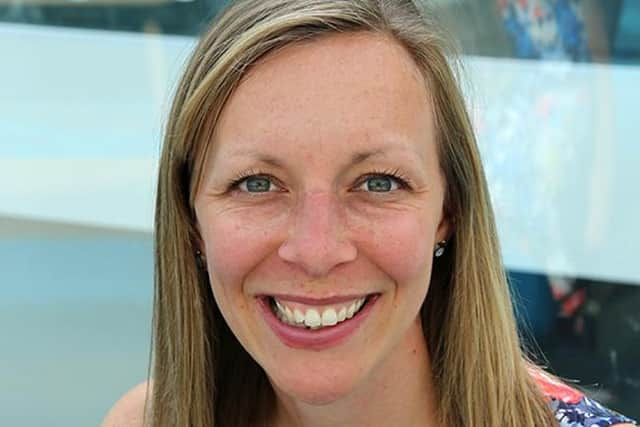Half of social workers think obesity should be issue for child protection, survey finds


Childhood obesity is an increasing problem in England, with one in four children aged 10 or 11 leaving primary school while classed as obese, including more than four per cent (26,000) classed as severely obese.
Yet, despite this frequency, there is little consensus among health, social care and education professionals as to whether child obesity should be considered a child protection concern, according to the new research combining results from interviews with key professionals from one local authority in the UK.
Advertisement
Hide AdAdvertisement
Hide AdDr Peter Nelson, research lead at Sheffield Hallam University, said: "Our study offers a unique insight into current multi-agency practice on child obesity and child protection.


"We’re seeing that thresholds do not operate simply as a line to be crossed for a referral to be accepted by social services, but they are nuanced and complex, with personal values and beliefs about obesity influencing individual decision making, and different agency thresholds."
Results from 23 health and social care professionals showed 10 out of the 23 participants believed that child obesity is a child protection issue, with a further three agreeing only if obesity was also associated with wider concerns about neglect.
Seven interviewees thought obesity was not a child protection concern, and three considered the problem was too complex to have a view either way.
Advertisement
Hide AdAdvertisement
Hide AdThe findings suggested obesity was more likely to be seen as a child protection issue when families did not engage with the support offered and make lifestyle changes.


In addition, the research found that personal beliefs and values about obesity and parenting skills were affecting threshold judgements and referral decisions, while assumptions that social work thresholds were high, and differing agency thresholds, also impacted subsequent actions and interventions.
"The questions we should be asking are whether by taking a child protection approach we are passing the problem of child obesity onto families and then blaming them when they fail to help their child lose weight, and in so doing, ignore the clear links between obesity and disadvantage," said co-author Dr Catherine Homer from Sheffield Hallam University in the UK.
Dr Homer added: "Or could a child protection approach act as a catalyst for families who fail to engage to take up support as well as a gateway to more intensive support.
Advertisement
Hide AdAdvertisement
Hide Ad"There's a real opportunity to address these issues now. Failure to do so will lead to potentially lasting damage to each child's health and well-being."
_____________________________
Support The Yorkshire Post and become a subscriber today.Your subscription will help us to continue to bring quality news to the people of Yorkshire. In return, you'll see fewer ads on site, get free access to our app and receive exclusive members-only offers.
So, please - if you can - pay for our work. Just £5 per month is the starting point. If you think that which we are trying to achieve is worth more, you can pay us what you think we are worth. By doing so, you will be investing in something that is becoming increasingly rare. Independent journalism that cares less about right and left and more about right and wrong. Journalism you can trust.
Thank you
James Mitchinson
Comment Guidelines
National World encourages reader discussion on our stories. User feedback, insights and back-and-forth exchanges add a rich layer of context to reporting. Please review our Community Guidelines before commenting.